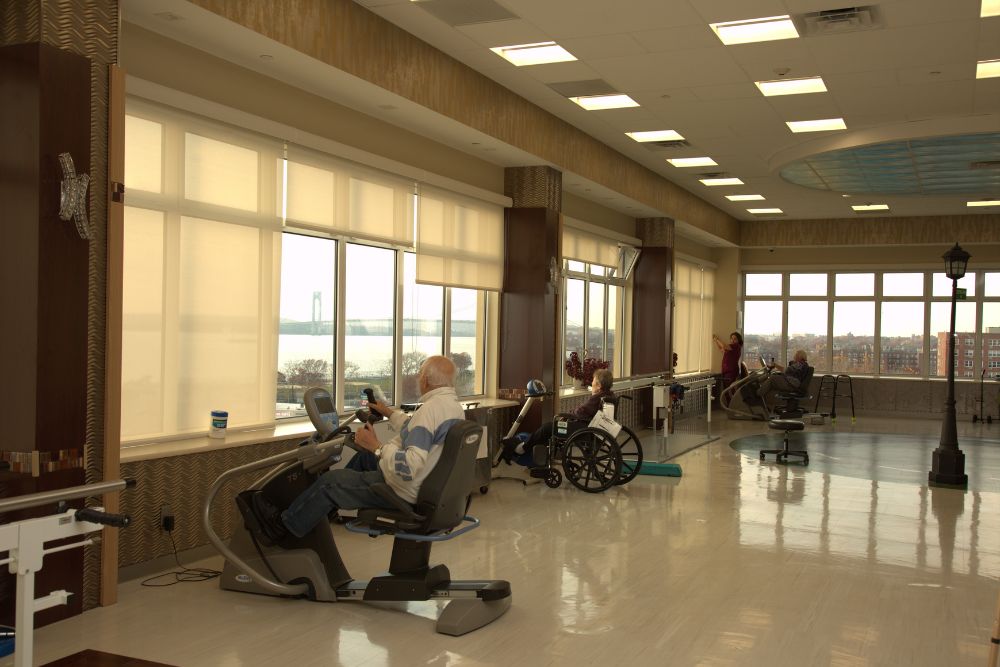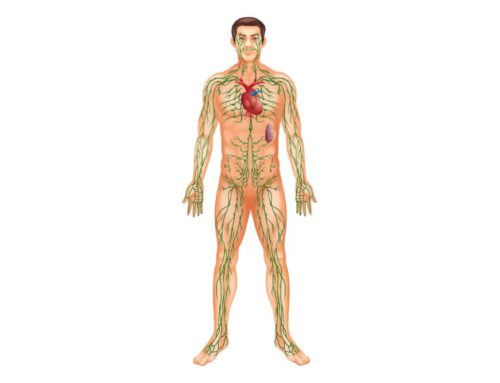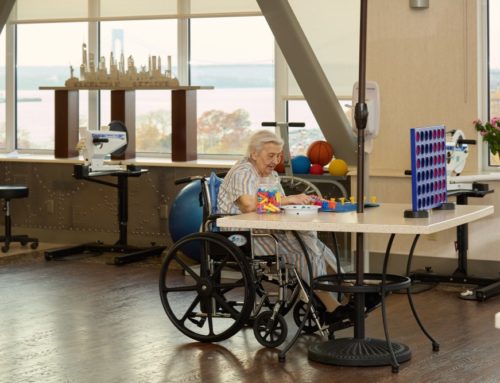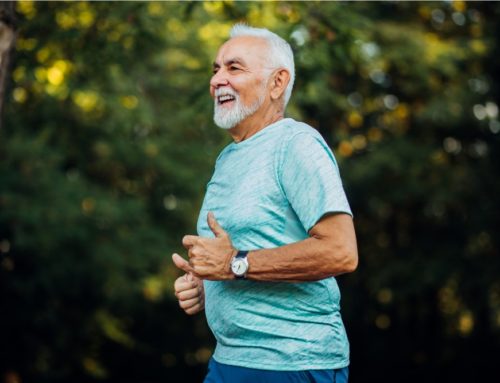Arthritis is an inflammatory disease causing pain, stiffness, swelling, deformity, redness, and tenderness in and around the joints. As a chronic condition, it can’t be cured, though some lifestyle changes help arthritis. With a few alterations, your symptoms will ease, allowing you to enjoy many of your favorite activities.
As well as those minor alterations, your doctor may also recommend arthritis rehab. This treatment will likely involve physical therapy, using low-impact exercises and flexibility training. When working with a trained therapist, you’ll learn to safely increase mobility and strength to restore movement and slow progression. Of course, those lifestyle changes are also a significant aspect of therapy, which we’ll discuss more below.

What Lifestyle Changes Can Help Arthritis?
When it comes to altering your behavior, some changes have more of an impact on your arthritis symptoms than others. The most effective alterations include lowering blood sugar, increasing physical activity, and reducing stress. The following sections cover each of these aspects.
1. Control Your Blood Sugar
Learning to control your blood sugar is one of the vital lifestyle changes to help arthritis. The reason for this is due to recent studies that have linked high blood sugar and diabetes to arthritis.
Diabetes results from issues with insulin production that causes higher-than-normal levels of blood sugar. Though glucose is necessary to maintain the body’s energy levels, too much in the blood causes severe issues.
Insulin usually resolves high blood sugar, but those with diabetes aren’t producing it as they should. For instance, type 1 diabetes prevents insulin production, while type 2 diabetes causes insulin resistance. Both conditions prevent the body from removing the abundance of sugar in the blood.
So, how does this relate to arthritis? Well, studies show those with an autoimmune disease, like diabetes, are more likely to contract another one and vice versa. Controlling your blood sugar reduces the chances of developing diabetes, which also helps reduce or prevent arthritis symptoms.
2. Exercise regularly and maintain a healthy weight
Those with arthritis often think it’s best to avoid physical activity, believing it will increase their discomfort and pain. The opposite is actually true since physical activity builds muscle around the joint for more strength and support. Exercise also reduces pain and improves flexibility and mobility for easier functions.
Another benefit of such lifestyle changes to help arthritis is weight management. Those extra pounds put excess weight on your arthritic joints, causing more pain and inflammation. Combining exercise and healthy eating, including nuts, fruits, veggies, whole grains, and lean meats, helps you lose those extra pounds. Before long, your arthritis symptoms will decrease.
3. Stress management is another lifestyle change that helps arthritis
Small amounts of stress on occasion won’t affect arthritis, but chronic stress does alter how you deal with the disease. The worse your state of mind, the less motivation you’ll have to cope with your condition.
That’s why managing stress is another crucial lifestyle change to help arthritis. Avoiding stress is best, though not always possible. Seeking help from family, friends, or a trained therapist is another method for managing stress. Hobbies and relaxation activities are also options, including exercise, painting, yoga, or creative writing. The lower your stress levels, the more positive and active you’ll be.
Resources:
https://www.arthritis.org/health-wellness/treatment/complementary-therapies/physical-therapies/physical-therapy-for-arthritis
https://creakyjoints.org/living-with-arthritis/complications/arthritis-and-diabetes/
https://www.ncbi.nlm.nih.gov/pmc/articles/PMC8189616/
https://www.cdc.gov/arthritis/basics/management.htm
https://www.arthritis.org/health-wellness/healthy-living/nutrition/anti-inflammatory/the-ultimate-arthritis-diet
https://orthop.washington.edu/patient-care/articles/arthritis/stress-and-arthritis.html
This content comprises informative and educational resources only and can not be considered as a substitute for professional health or medical guidance. Reliance on any information provided in this article is solely at your own risk. If you have any inquiries or apprehensions about your medical condition or health goals, talk with a licensed physician or healthcare provider.






Leave A Comment